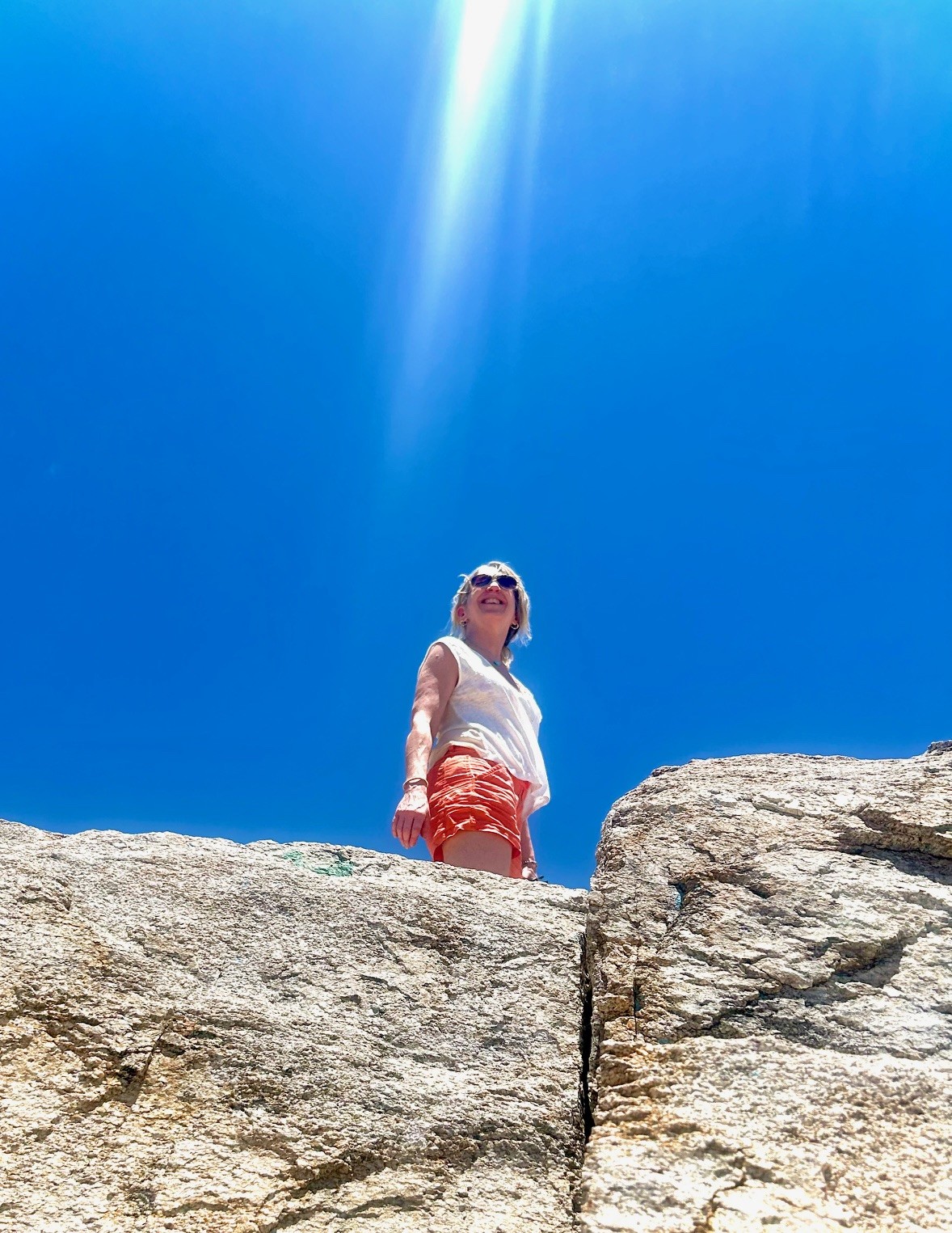 Meet Researcher Kris Wood, PhD!
Meet Researcher Kris Wood, PhD!
Q&A with Kris Wood, PhD
Duke University
2015 Liz Tilberis Award
OCRFA: Tell me about yourself.
Kris Wood: I grew up in Georgetown, KY, a rural town in the central part of the state. My family lived in a house on my grandfather’s farm, which was a wonderful place to grow up– I spent a lot of time playing outside. My mom was an elementary school teacher, and my parents really emphasized education, an emphasis that really influenced my siblings and me: my sister Carmen is a professor of education at the University of Kentucky and my brother Kevin is a professor of biophysics at the University of Michigan!
When I’m not working with my lab (which is most of the time!), I am having fun with my wife Michelle, a second grade teacher, and our Yorkshire terrier, Sophie. I love sports (especially Kentucky basketball), jogging, and music, and because of my job I also get to enjoy traveling to a lot of interesting places.
OCRFA: Did you always want to be a scientist?
KW: As a child, I loved math the most. As a freshman in college I did well in chemistry, so I decided to study chemical engineering, which I viewed as good mix of chemistry and math. I enjoyed engineering courses, but I particularly fell in love with scientific research, which I started doing under the direction of a chemical engineering professor my sophomore year of college. I continued doing research through graduation, then moved to the Massachusetts Institute of Technology for my PhD in the same field. There, I got my first taste of cancer research, designing delivery systems to direct drugs to tumors in spatially and temporally controlled ways.
When I finished my PhD, I knew that I wanted to continue doing cancer research, but also that I wanted to learn more about basic cancer biology, so I accepted a postdoctoral position working in cancer biology and genomics. My educational journey exposed me to cancer biology from both an engineering and a basic science perspective, and these distinct perspectives continue to shape my work: on one hand, I enjoy solving problems related to the basic questions in cancer biology, like what signals allow cells to grow, survive, and resist drug treatments, but on the other hand I pursue these questions using a lot of systematic methods inspired by my engineering training.
OCRFA: What motivated you to focus on ovarian cancer research?
KW: Of course, a huge part of my motivation is that ovarian cancer is a devastating disease for many patients, and I am very excited about the prospect to designing therapies that can help these patients live longer, healthier lives.
From a scientific perspective, ovarian cancer is also very interesting. It is a disease in which many of the most useful new genomic tools have not yet been deployed to their fullest potential, so there is a lot of space for new discovery. In addition, high grade serous ovarian cancer is distinct from many other cancers in that these tumors lack classical driver oncogenes, and instead are characterized by genomic alterations known as copy number changes. It’s fascinating to think about how this unusual pattern of genomic alterations arises, how these alterations ultimately cause high grade serous ovarian cancer, and most importantly, how we can leverage this phenomenon to design better therapies for patients.
OCRFA: Tell me about your OCRF-funded research project.
KW: My laboratory has developed methods which allow us to rapidly identify the signaling pathways in cancer cells that control their responses to drug treatments. In our OCRF-funded project, we are using these methods to systematically identify the pathways that shape the responses of ovarian cancers to drug treatments, then leveraging this information to design combination therapies with greater potency and selectivity.
OCRFA: What do you like best about your job?
KW: I love my job. When I was a teenager, I earned money by doing manual labor—I was a furniture mover and a welder. I view these as truly tough jobs, where the work is physically challenging, poorly compensated, and non-stimulating. By comparison, working as a scientist is a dream job, where you get to spend your days thinking about some of the biggest problems we face as a society, then use your skills to contribute to solving these problems. Science is challenging, intellectually stimulating, and rewarding. I also love the fact that I get to work with hard-working and smart students and colleagues in the process, and hopefully making a positive imprint on their lives and careers.
Dr. Wood’s research project was made possible thanks to a generous donation from Wall Street Challenge.


